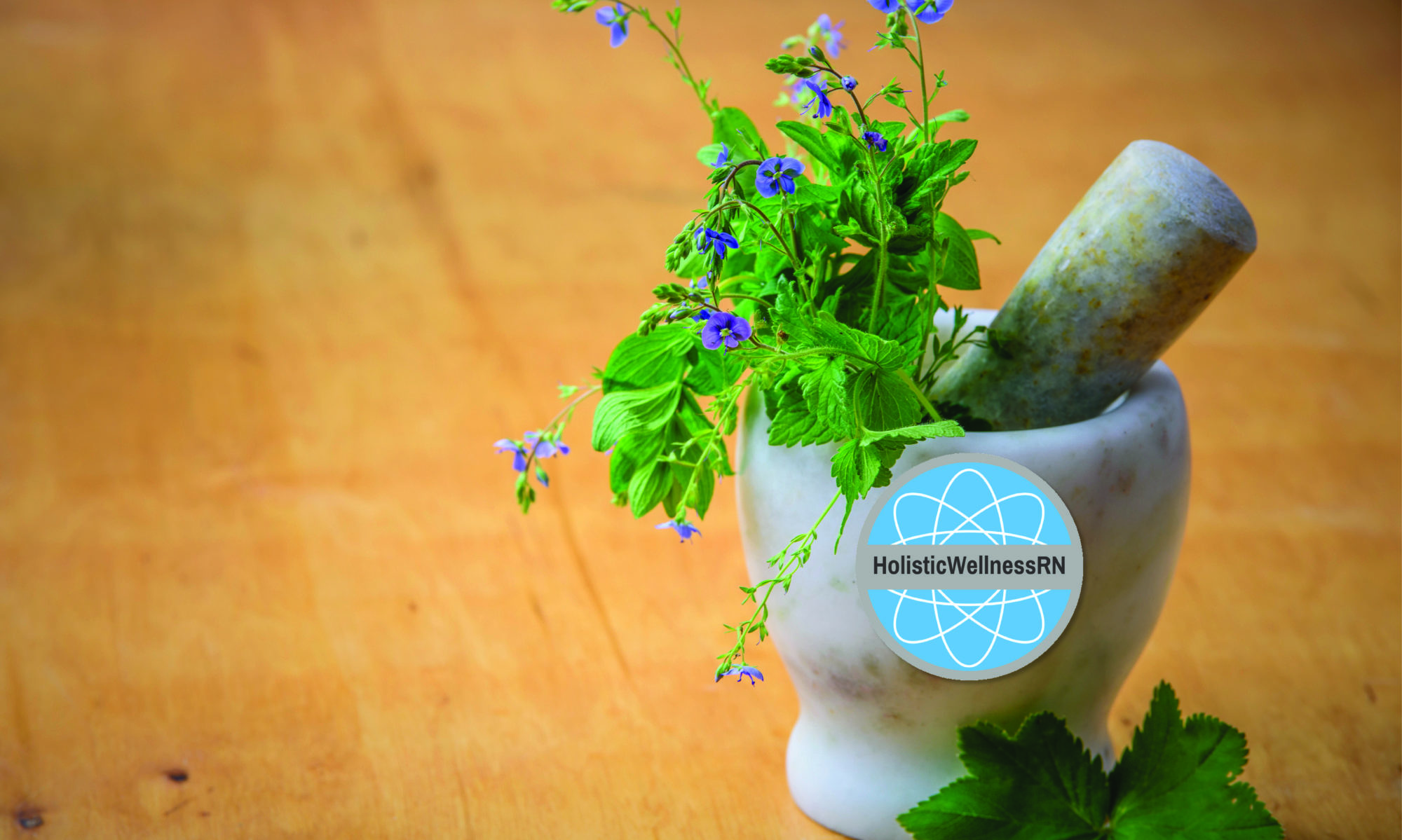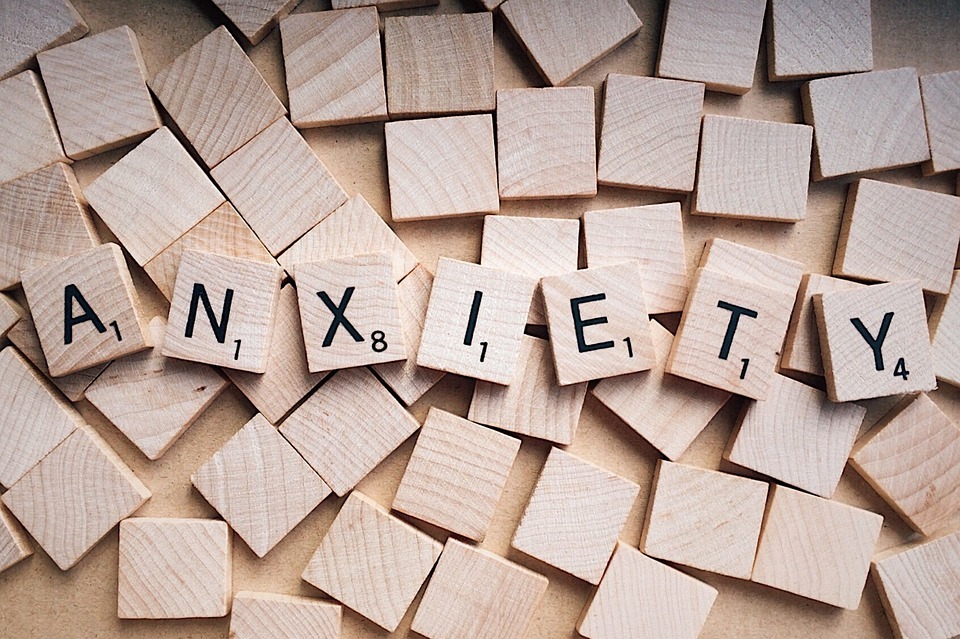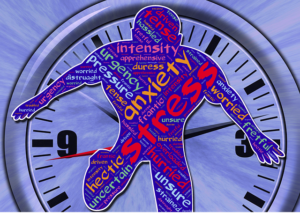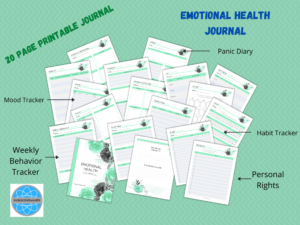Like many things, anxiety is a disorder that only people with anxiety can truly understand. This makes it hard for others to empathize with you, because they have not experienced it themselves. It also means a lot of common misconceptions get thrown around.
There are some things that are often said about anxiety that are simply not true. It helps to understand them when you are on the path to improving your own emotional health, or you when you know someone else is struggling with anxiety. Learn 4 easy tips to implement to overcome paralyzing anxiety.
What Anxiety Isn’t
1. Anxiety and Worry
Anxiety and worry can often happen at the same time, but they are not the same thing. Having anxiety is NOT just being worried about something and definitely not something you can just will away by “not worrying as much”. Being worried about something and having anxiety are not the same thing, though you can experience both simultaneously.
2. You Can “Get Over” Anxiety
While there are many different facets of anxiety disorders, and not everyone needs professional help for anxiety, it is not something you can just get rid of by thinking positively or going for a run.
3. Anxiety Isn’t a Serious Emotional Illness
According to the Anxiety and Depression Association of America, anxiety is the most common emotional illness people deal with in the U.S. It affects over 40 million adults in the U.S. alone, even though less than 40% of these people get treatment for it.
Why is that? Because the consensus is that it isn’t that serious. People assume anxiety is just stress or worrying or worse, they are just overreacting. But if you think you have anxiety, you should think about getting help for it. There are many different forms, each with different effects on your mind and body.
4. Avoidance is the Answer
You can’t avoid anxiety and hope it will get better on its own, just like you can’t avoid stress, depression, PTSD, or any other emotional health issue you are facing. Just pretending your anxiety doesn’t exist is only going to exacerbate it.
4 Tips to Implement
1. Find a Creative Outlet to Deal with Anxiety
Having a creative outlet benefits you in several ways, both with anxiety and just your general mood and outlook on life. Creative activities often have a calming effect on the body and mind. And don’t worry – you don’t need to be artistic or have a special skill for this to benefit you and help with your anxiety.
If you aren’t quite sure how to start, an easy way to transition into finding a creative outlet is thinking about what you enjoyed doing as a kid. Think of it first as a broad generalization, like drawing, painting, playing music, dancing, really anything that used that creative part of your brain.
From there, you can then figure out the specifics. Maybe you liked learning new forms of art rather than sticking to one thing, you enjoyed writing poetry or short stories, or loved coloring.
Anything you enjoyed as a kid could be a sign of what you might enjoy as an adult, even if it’s slightly different. Take it to the next level and give it a try right now. You will reduce your stress and your anxiety will suddenly be a lot easier to manage.
2. Meditate Through Music and Dance (Move Your Body!)
People often think of being creative as having to be artistic and create something like art or crafts, but music and dance are also part of the creative arts. Music and dance both get you into a type of meditative state.
Not one where you are sitting in a quiet room with your eyes closed, but where all your thoughts float away into the melody. From listening to music during your daily self-care routine to dancing it out in your living room, it is worth exploring if you have anxiety.
3. Learn Something New
This is also a great time to learn something new, whether it is a form of art you have always been curious about or taking a photography class to brush up on your skills. Make a list of the different creative activities you have been curious about.
Maybe you have a fancy camera, but you don’t know about all the settings, or you have always wanted to try making pottery or ceramics. There are classes online and in person for just about anything, so let your imagination run wild.
When it comes to anxiety, you aren’t trying to be perfect. You are simply finding a hobby or activity that uses a different part of your brain, helps distract you, and gives you something to do just for you.
4. Different Journaling Ideas for Anxiety
If there is one thing that is recommended above all else when it comes to living with anxiety, it is using a journal. But it gets complicated and confusing when you aren’t sure how to actually use a journal. Do you write whatever you are thinking? Is it meant to be used as a diary? Do you write about gratitude or use writing prompts?
The answer is: yes to all of it! Certain forms of journaling can help a lot with different issues relating to your anxiety.
Brain Dump for Generalized Anxiety
The first way to use journaling for anxiety is if you have generalized anxiety disorder. It might not be diagnosed officially, but if you tend to have an overwhelming amount of worry and anxiety that pops up out of nowhere and you can’t identify a trigger, you might have generalized anxiety.
For this form of anxiety, doing a brain dump or stream of consciousness style of journaling is a great place to start. This is where you get out your journal or notebook and just write about whatever is on your mind. Let your thoughts flow to the paper, bouncing around to different topics as often as you want to.
For many people, their generalized anxiety is worsened by anxious thoughts, so when you write them down, it can provide a relaxing and freeing feeling.
Scripting for Anxiety About Your Future Plans
If your anxiety or panic has a specific trigger, especially when it comes to what you’re doing with your life and achieving your goals, then scripting is a great way to write in your journal. This is often used in law of attraction and manifesting, but you don’t need to have that as a goal or be spiritual to benefit from scripting.
Scripting is a type of writing where you write down what you want to achieve, but as if you already have it. If you want to buy a house, you don’t write that you want to buy a house but write a journal entry as if you already bought your dream home. Where is it? What is it like? How big is it? How do you feel now that you have it?
Daily Journaling for All Forms of Anxiety
Regardless of what type of anxiety you have, daily journaling is a wonderful tool to use to manage your anxiety. This can be a little broad, but we are talking more about diary-style of journaling where you write about all your thoughts and feelings. Some days this might be a brain dump, other days you might write about a specific experience you had that day.
Living with anxiety is no fun. Start doing some type of journaling. My emotional health printable journal is a great tool to use for working through anxiety. You can get the bundle here: /emotional-health-printable-journal
Start 1 or all 4 of these easy tips to overcome anxiety. Whatever tip you start with, make it fun, make it something that you look forward to doing. Don’t expect everything will be picture perfect overnight. Keep at it: journal every day, play music that makes you feel good regularly, spend time nurturing your creative outlet.






